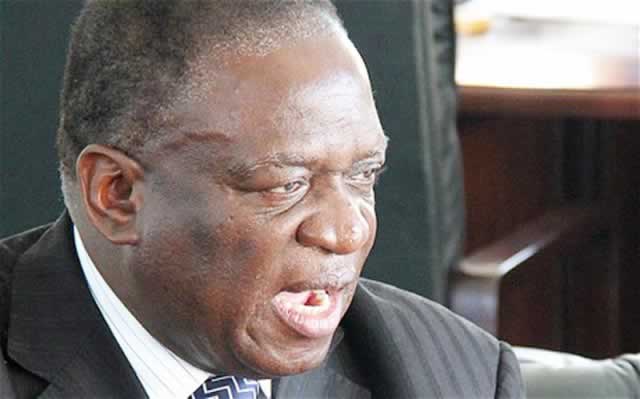Tackle cost drivers: CZI

Bianca Mlilo, Business Reporter
THE Confederation of Zimbabwe Industries (CZI) has called for a review of interest rates and remodelling of the country’s tax regime this year so as to consolidate the gains achieved in the revitalisation of industries.
Zimbabwe is generally viewed as a high-cost country in terms of investment with experts suggesting a downward review of major charges as part of measures of enhancing business competitiveness.
A multiplicity of regulatory costs as well as access and cost of finance are among the key cost drivers that impede economic growth and development in Zimbabwe, according to the cost driver analysis report conducted by the Zimbabwe Economic Policy Analysis and Research Unit.
In an interview CZI Matabeleland Chapter president Mr Walter Chigwada said the Government should address business concerns pertaining to the operations of the Zimbabwe Revenue Authority (Zimra) and relax the terms for the Distressed Industries and Marginalised Areas Fund (Dimaf), a loan facility meant to assist resuscitation of local companies.
Given the difficult macro-economic condition prevailing in the country, he said, Zimra should desist from garnishing company accounts as this cripples operations and threatens efforts to revitalise firms.
“Garnishees placed by Zimra are counterproductive to Government’s efforts to revive industries. We are hoping that the measures that Government has put in place, like S.I 64 of 2016, and the proposed local procurement policy, which I hear is on the cards, will help spur industry growth in Matabeleland,” said Mr Chigwada.
“This will help companies that were struggling to increase their capacity utilisation.”
Statutory Instrument 64 of 2016, which controls importation of cheap products, has been instrumental in boosting manufacturing capacity utilisation, which stood at 47,7 percent in 2016 from 34,4 percent in 2015.
Mr Chigwada said while Dimaf was a good policy intervention, the interest rates of about 10 percent were too high, which discourages firms from accessing the funds.
“Dimaf is still required because funding is still an issue for companies yet it is imperative because it will make the supportive measures put by Government work,” he said.
Dimaf was introduced in 2011 with an initial $40 million package jointly supported by the Government and Old Mutual through its subsidiary, CABS.
Forty-eight companies, about half of them from Bulawayo, have received loans worth $28 million from the fund since 2011 while a balance of $12 million still has not been taken up.
Mr Chigwada, who is also managing director of Zimplow Bulawayo branch, said a downward review of Dimaf lending rates would encourage more businesses to apply for funding.
Industry and Commerce Minister Dr Mike Bimha is on record saying plans were underway to increase the Dimaf funding so as to assist more ailing firms.
Mr Chigwada said industry would appreciate if the Reserve Bank of Zimbabwe (RBZ) addresses issues of foreign payments for raw materials.
He said the manufacturing sector should be prioritised as delays in such payments have a negative effect on business viability.
Meanwhile, the Government has said it was considering extending fiscal incentives to the manufacturing sector to give them space to grow and expand into export markets.
Finance and Economic Development Minister Patrick Chinamasa said last week that the proposed measure was meant to create a conducive environment for business to thrive and to increase presence in foreign markets.
Should the arrangement succeed, Minister Chinamasa said companies would be allowed to approach Treasury with proposals on fiscal incentives to grow their businesses.
Already, the Government is working on a raft of measures aimed at improving the doing business environment including streamlining processes to make it easier for business.
The Government is also rebranding the Zimbabwe Investment Agency and is transforming it into a fully-fledged One Stop Shop Investment Centre to meet world class standards for an effective and efficient Investment Agency in the first quarter of 2017.
“Tell us what incentives you want and we can sit down and agree on the sort of incentives that can make you grow bigger. Because by growing bigger you are also making us grow bigger,” said Minister Chinamasa.
@BiancaMlilo











Comments